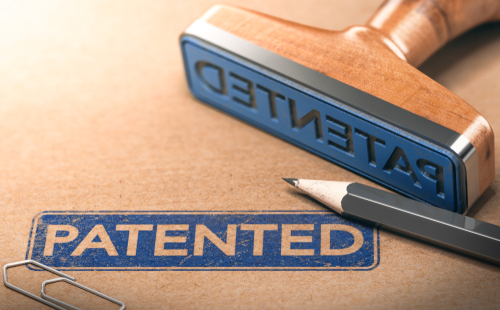Lobsor Pharmaceuticals Plans to Enter the U.S. Market with Treatment for Advanced Parkinson’s

The United States Patent and Trademark Office (USPTO) has approved a patent covering the composition and method of administration of a new levodopa replacement formulation for treating Parkinson’s disease.
Lecigon was developed by Lobsor Pharmaceuticals to be the next-generation of Stalevo (marketed by Novartis), a widely used oral therapy for earlier stages of Parkinson’s disease. It consists of a gel containing a fixed combination of levodopa, carbidopa, and entacapone that should be administrated through continuous intestinal infusion with an easy-to-use pump.
This novel treatment was approved in October 2018 by the Swedish Medical Products Agency (MPA).
With the newly granted U.S. patent (10,071,069), Lobsor is taking the first steps to introduce Lecigon in the U.S. market for treating symptomatic advanced Parkinson’s disease through the company’s partner, Intrance Medical Systems.
“We are delighted to receive this new patent to further protect our treatment system,” Roger Bolsöy, Lobsor’s CEO, said in a press release. “With the new formulation and lightweight delivery pump, we believe Lecigon will significantly improve convenience and quality of life for Parkinson’s patients.”
Lecigon combines the beneficial effects of the dopamine replacement compound levopoda with two modulators of dopamine metabolism. This particular combination is expected to increase and prolong brain exposure to levopoda, while reducing the risks of dopamine-related adverse reactions in other body parts.
Administration of Lecigon into the small intestine through a small and accurate pump makes it possible to overcome some of the limitations of treatment with levodopa, such as its reduced blood stability.
“Improving bioavailability and achieving a similar clinical outcome with significantly lower levodopa doses means we can also report significant reductions in 3-OMD, a metabolite in a metabolic complex associated with long term side effects of levodopa,” Bolsöy said.
The U.S. patent covers not only the composition of Lecigon, but also the method of preparing the therapeutic suspension and how to use it to treat patients. Patent claims are not limited to any compounds amounts, which protects Lobsor’s rights on the broad and tailored use of Lecigon, according to Parkinson’s patients’ needs.
The patent will expire in September 2035 and a corresponding patent is currently active in Sweden. Lobsor has pending patent requests for Lecigon in Europe, Australia, Canada, China, and Japan.






